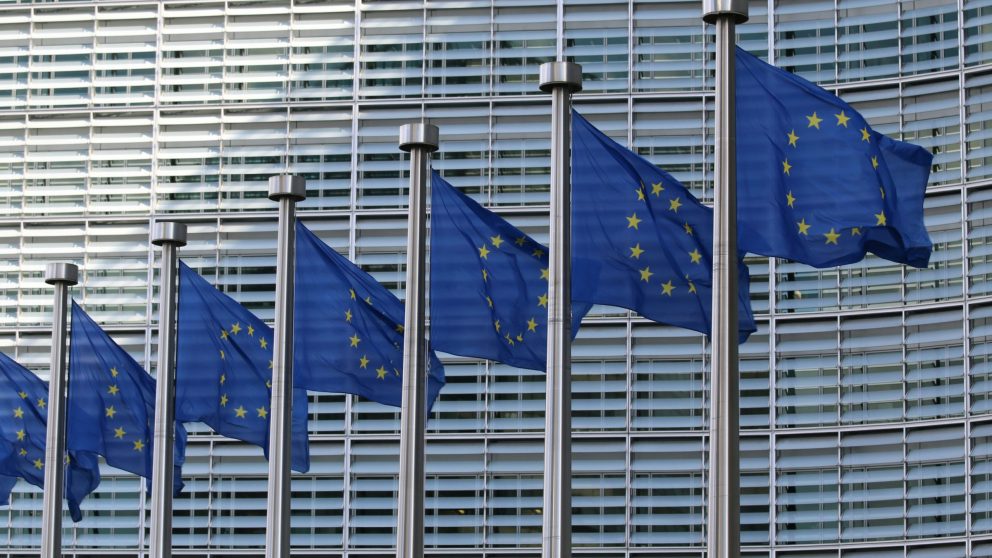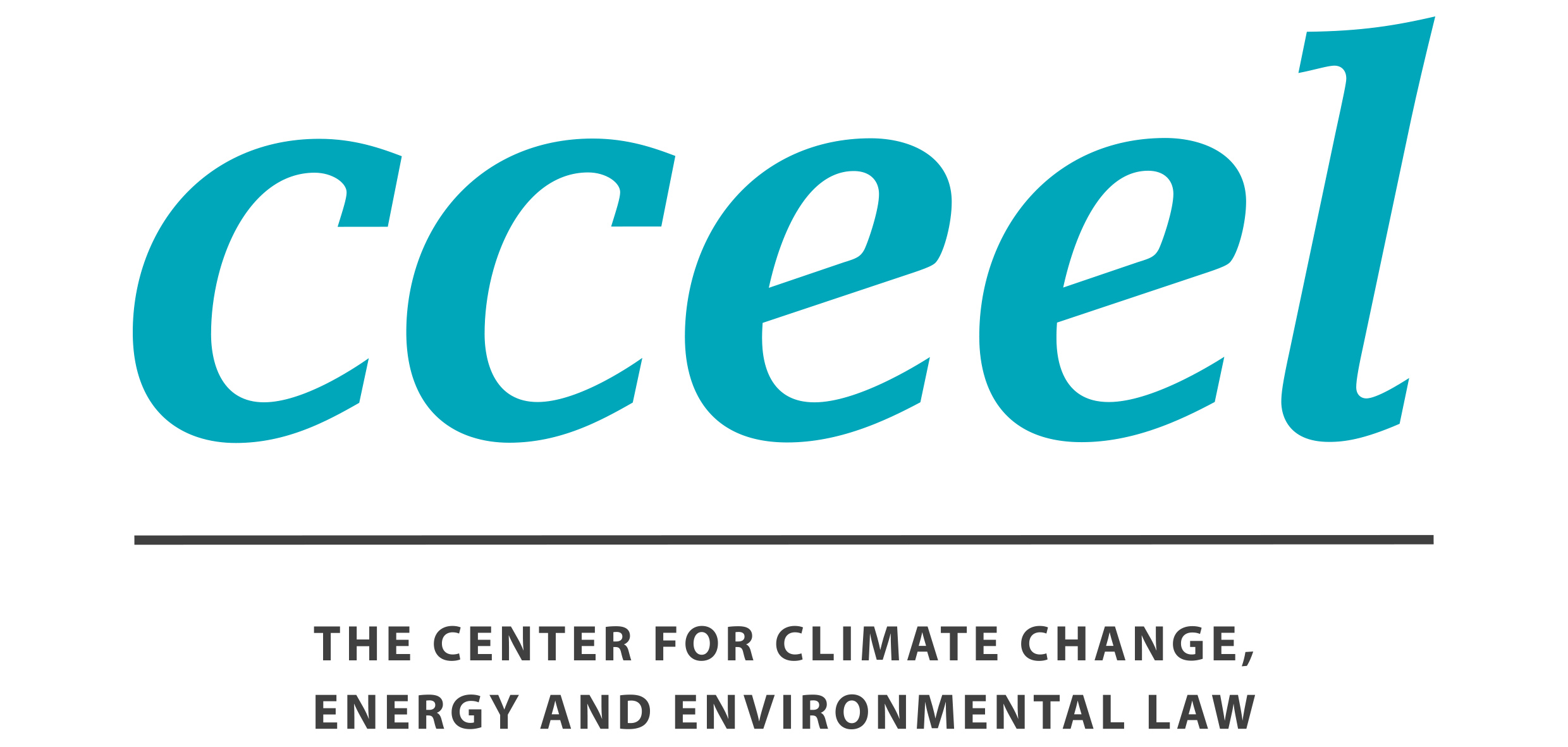Environmental democracy under pressure: The EU and the Aarhus Convention ahead OF MOP-8
by Nicola Sharman, Doctoral Researcher As Europe confronts political divides and challenges over environmental policy, the Aarhus Convention’s promise of environmental democracy faces one of its most significant tests yet. Adopted in 1998, the Aarhus Convention guarantees the three procedural rights of access to information, public participation and access to justice in relation to environmental […]
Omnibus Simplification Package – The European Commission’s change of heart on corporate sustainability
by Saga Eriksson, Doctoral Researcher In February 2025 the European Commission introduced the Omnibus Simplification Package aimed at making changes to key sustainability reporting provisions outlined in the Corporate Sustainability Reporting Directive (CSRD), the Corporate Sustainability Due Diligence Directive (CSDDD) and the Taxonomy Regulation. The main aim of the Package is to reduce the scope […]
Climate Justice at the ICJ: Human Rights Implications of the Advisory Opinion
By Margaretha Wewerinke-Singh, Annalisa Savaresi, Claudia Ituarte-Lima and Corina Heri This blog post was first published on GNHRE (30 August 2025). The International Court of Justice’s landmark Advisory Opinion on the Obligations of States with Respect to Climate Change delivered on 23 July 2025 has unequivocally placed human rights at the centre of the applicable law on climate change. With it, the International Court […]
The ICJ Advisory Opinion on Climate Change: A Business and Human Rights Perspective
by Annalisa Savaresi, Professor of International Environmental Law at University of Eastern Finland and Marisa McVey, Lecturer in Law at Queen’s University Belfast This blog post was first published on Opinio Juris (4 August 2025). State obligations in relation to climate change have come under increasing scrutiny by international courts in recent years. In July 2025, it […]
The EU’s Dilemma on International Carbon Credits
by Kateryna Holzer, Senior Researcher This blogpost is based on research under the project ‘Voluntary carbon offsetting in (climate) action: Perception coalitions, representations, and regulation (OFFCORR)’, funded by the Research Council of Finland (grant 355944). Opinions expressed are however those of the author only. With the adoption of additional decisions on registries and standards for […]
Science or politics first? Snapshots from recent IPCC and IPBES Plenary sessions
By Moritz Petersmann, Doctoral Researcher working on PhD project: Fit for governing the triple planetary emergency? Towards enabling sustainability transformations at international science-policy interfaces With the political landscape in many parts of the world tilting to the right and populist agendas shaping government programs, science is increasingly under threat. Populist agendas often come with a […]
Keeping up with Article 6 of the Paris Agreement – The path towards Baku COP29
By Sara Tolonen, PhD Candidate The emerging Article 6 carbon market architecture The Subsidiary Body for Implementation (SBI-60) and Subsidiary Body for Science and Technological Advice (SBSTA-60) of the United Nations Framework Convention on Climate Change (UNFCCC) held their intersessional meetings in Bonn on 6-13 June 2024, with a continuing focus on making progress on […]
Oil Bosses Call Phasing Out Fossil Fuels a ‘Fantasy’ – but an International Agreement is Plausible
By Harro van Asselt, Professor of Climate Law and Policy, Lauri Peterson, Senior Researcher, and Panagiotis Fragkos, Researcher, Energy & Economy, National Technical University of Athens. First published in The Conversation on 9 April 2024. Amin Nasser, chief executive of the world’s largest oil company Saudi Aramco, recently called on nations to “abandon the fantasy” […]

Reflections on the Use of Revenues from the EU CBAM
by Kateryna Holzer, Senior Researcher In May 2023, the EU adopted a regulation on a carbon border adjustment mechanism (CBAM) that extends the EU emissions trading scheme (ETS) to imports from six sectors (iron and steel, aluminium, cement, fertilizers, hydrogen and electricity). The CBAM sets out an obligation for importers to purchase and surrender CBAM […]

Sustainable finance in the EU – what can corporate reporting schemes add to climate policy
By Saga L Eriksson, PhD Candidate The European Commission introduced the first sustainable finance measures in its 2018 Sustainable Finance Action Plan. The Action Plan has the aim of fostering “stability, transparency and long-termism” in the EU economy and “reorienting” private finance towards achievement of the low carbon transition. The measures are part of the […]
